Yes, the Trump-Russia collusion media campaign really was delusional and deranged; it really was a conspiracy theory. So after the unexpected happened, after Trump won the election, the Russiagate campaign morphed into something more urgent, something twisted and delirious.
In a fascinating piece today at The Federalist, international affairs columnist Lee Smith writes about the mysterious disappearance of the Russia collusion story from the front pages (virtual or otherwise) of major media outlets. The once-ballyhooed Mueller investigation has all but vanished following the release of the unredacted Graham-Grassley letter showing the now-almost incontrovertible fact that former British agent Michael Steele wrote an unverified dossier of slanderous allegations, one that was funded by Hillary Clinton and the DNC, which the FBI then used to subvert the 4th Amendment rights of Trump associate Carter Page.
Prior to that, all anyone heard about was the Trump campaign’s possible shifty ties to Russia that existed to help the outsider beat the presumptive next president, Hillary Clinton. But after the release of the Senators’ letter — following on the heels of the release of a memo by the House Permanent Select Committee on Intelligence alleging abuse by the FBI and the DOJ as regards Carter Page — the media went silent.
Smith thinks he knows why: because the media had been pushing the narrative contained in Steele’s dossier since before the election and were therefore complicit in it’s subterfuge. And they really don’t want anyone to remember that.
They enlisted their bylines in a political campaign on behalf of the Democratic candidate for president and rehearsed the talking points Steele later documented. But weren’t the authors of these articles, big-name journalists, embarrassed to be seen reading from a single script and publishing the same article with similar titles within the space of two weeks? Weren’t they worried it would look like they were taking opposition research, from the same source?
The stories were vessels built only to launch thousands of 140-character salvos to then sink into the memory hole.No, not really. In a sense, these stories weren’t actually meant to be read. They existed for the purpose of validating the ensuing social media messaging. The stories were written around the headlines, which were written for Twitter: “Putin’s Puppet”; “It’s Official: Hillary Clinton is Running Against Vladimir Putin”; “Trump and Putin: A Love Story”; “The Kremlin’s Candidate.” The stories were vessels built only to launch thousands of 140-character salvos to then sink into the memory hole.
Since everyone took Clinton’s victory for granted, journalists assumed extravagant claims alleging an American presidential candidate’s illicit ties to an adversarial power would fade just as the fireworks punctuating Hillary’s acceptance speech would vanish in the cool November evening. And the sooner the stories were forgotten the better, since they frankly sounded kooky, conspiratorial, as if the heirs to the Algonquin round table sported tin-foil hats while tossing back martinis and trading saucy limericks.
Yes, the Trump-Russia collusion media campaign really was delusional and deranged; it really was a conspiracy theory. So after the unexpected happened, after Trump won the election, the Russiagate campaign morphed into something more urgent, something twisted and delirious.
Smith argues that the ease with which the press was conscripted into the collusion conspiracy relates to a journalistic ethic damaged by the rise of internet journalism and social media — what some in the business collectively call “click bait” journalism — and hungry kids with no expertise all of a sudden finding themselves with huge platforms but no wisdom stemming from tempered experience.
This all led, says Smith, to “a scandal signaling that the institution where American citizens are supposed to discuss and debate the choices about how we live with each other has been turned against a large part of the public to delegitimize their political choices.”
In other words, the press is no longer eager to report on a scandal in which they have a starring role.


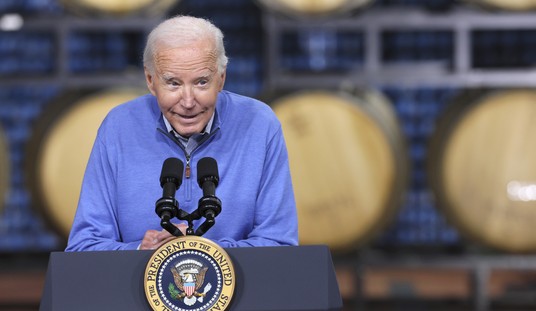

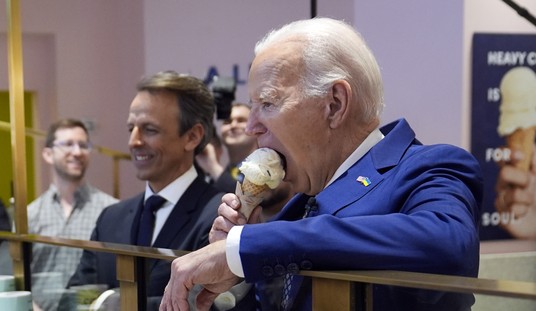


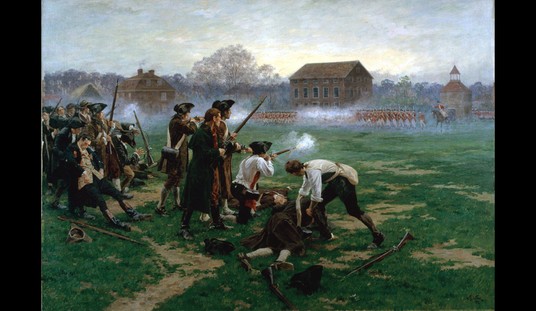

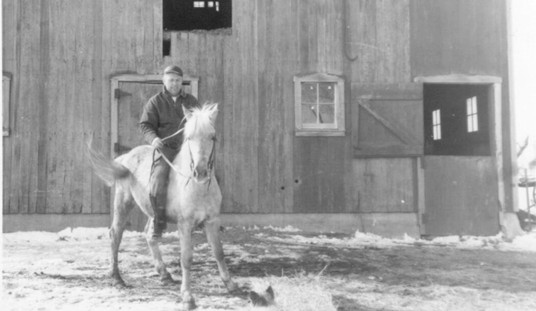
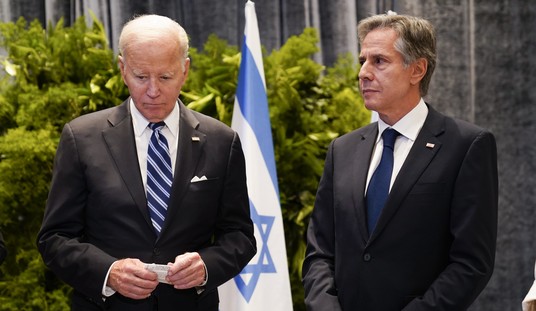

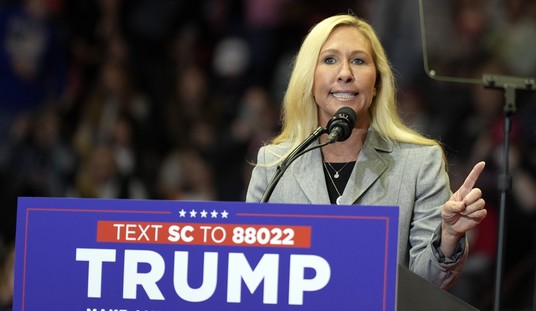

Join the conversation as a VIP Member